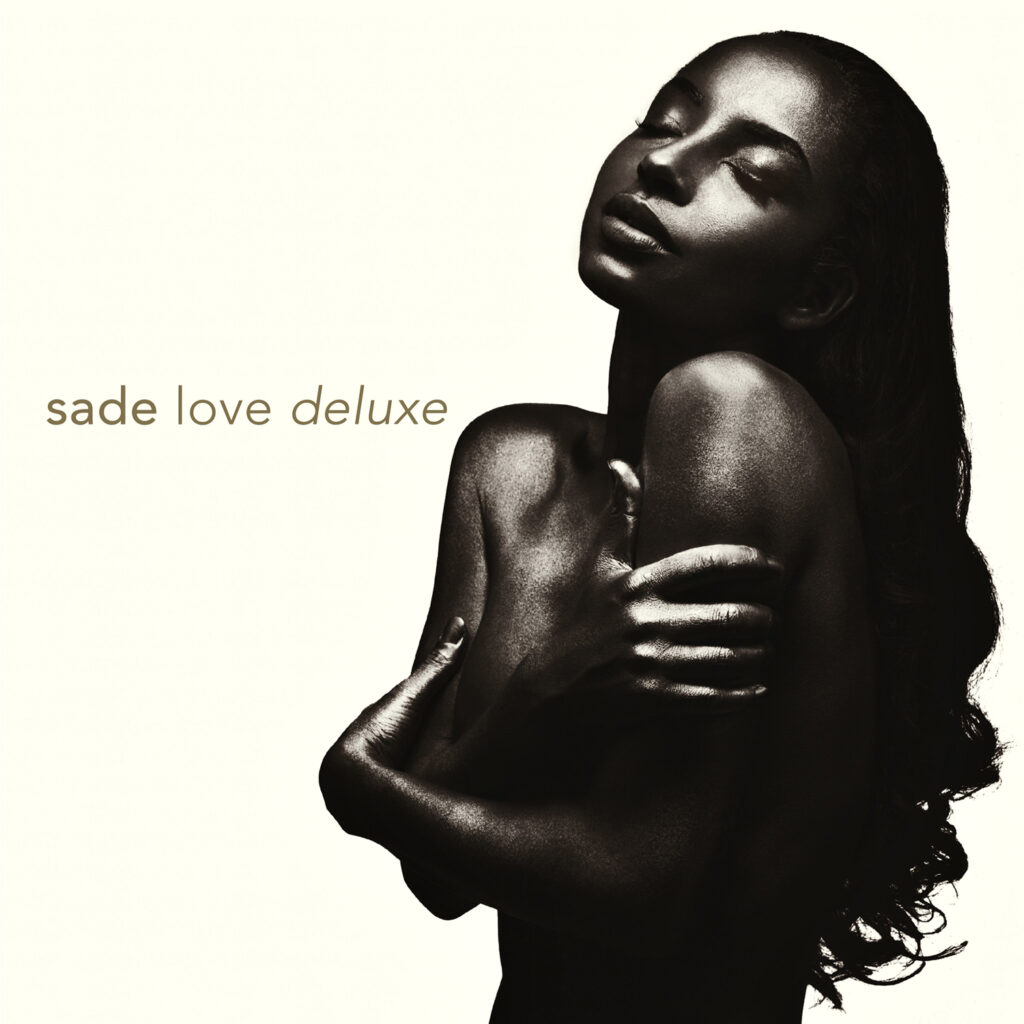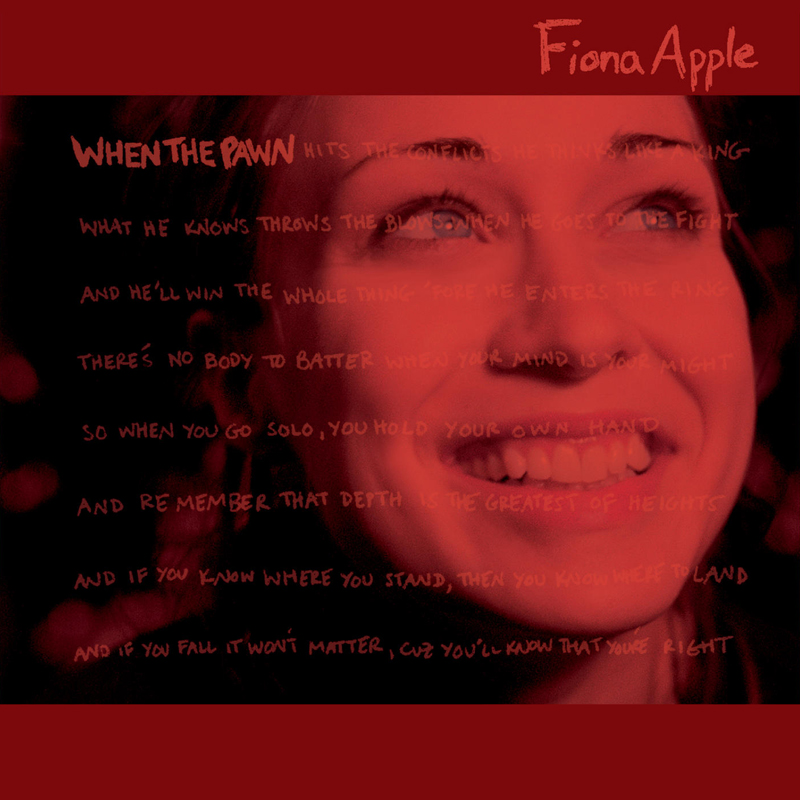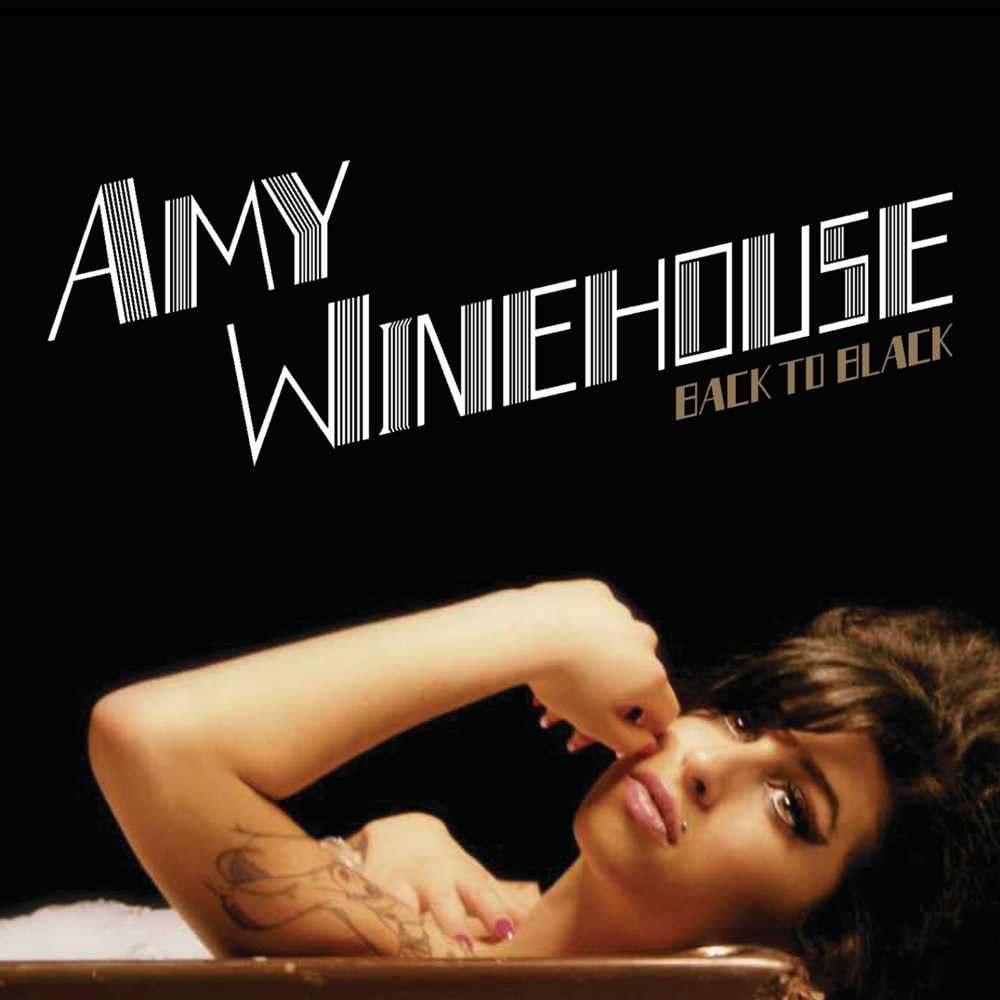Sade, ‘Love Deluxe,’ 1992

The early ’90s were characterized by a dissolution of genre boundaries, with R&B, hip-hop, rock, jazz, and even country intertwining in unprecedented ways. Within this kaleidoscopic music scene, Sade’s fourth studio album Love Deluxe offered a comforting sense of familiarity and understated elegance. Love Deluxe embodies the delicate balance between strength and vulnerability, a potent reflection of lead vocalist Sade Adu’s personal experiences during her six-year marriage to Spanish director Carlos Pliego, which ended in 1995. The album also highlights the band’s increasing social consciousness as they navigated the dawn of a new decade. Thematic exploration in Love Deluxe oscillates between mourning and celebration, bringing listeners into an introspective journey through love, pleasure, loss, pain, trauma, and transcendence. This thematic ambition is succinctly encapsulated by its title, which, according to lead singer Sade Adu, represents an “idea that love is one of the few luxury things that you can’t buy,” a perspective that enriches the album with philosophical weight. The album opens with No Ordinary Love, an anthem of devotion that encompasses the idea of love’s unwavering commitment, performed with a haunting resolve. The juxtaposition of romanticism and the pressing realities of the world is stark in tracks such as Like a Tattoo, which narrates the tale of a soldier’s regret and moral conflict in a post-war setting.
Love Deluxe distinguishes itself through its seamless blend of genres. The band’s sound is dominantly recognized for its jazz influences, with saxophonist Stuart Matthewman’s musical lines adding depth to the arrangements. However, there are elements of R&B, soul, and traces of bossa nova that define its eclectic allure. Love Deluxe embodies a sound characterized by its clarity and sensuousness. The album employs a synthesis between instrumentation and vocals, where Adu’s voice resounds with clarity and passion. The track Kiss of Life is a testament to the band’s sophisticated composition. With a rich bass and piano intertwinement, this track elegantly supports Sade Adu’s vocals. Her voice, distinct and ethereal, leads listeners through each song like prayers, inviting them into a narrative both personal and universal. In tracks such as Pearls and Mermaid, the band explores orchestral sonorities. Mermaid, an instrumental closer written by the band, provides an aural landscape of ethereal beauty, whereas the orchestral arrangement in Pearls simulates a magical, fairytale-like atmosphere, framing Sade’s vocals within a world of its own.
Fiona Apple, ‘When The Pawn…’, 1999

Fiona Apple’s sophomore album, When The Pawn… explores a wide range of human emotions with a fierce authenticity that is both unflinching and profound. Its themes revolve around power dynamics, self-awareness, emotional turmoil, and personal liberation. Apple addresses these themes through a narrative that is at once personal and universal, laying bare her experiences with an unfiltered candor that is rare in mainstream music. The full title of the album, a 90-word poem, encapsulates the introspective nature and defiance present throughout the album. This poem arose as a response to negative media attention, symbolizing resilience and assertiveness. Lyrically, Apple is both a poet and a provocateur, using her craft to dissect the complexities of romantic entanglements and personal growth. In Paper Bag, Apple touches on themes of disillusionment and self-deception: her acute self-awareness allows her to confront her disappointments with both poetic grace and brutal honesty. Tracks like Limp stand out for their biting commentary on power imbalances in relationships, capturing the frustration of feeling manipulated and misunderstood. Apple’s use of metaphorical language — “You fondle my trigger, then you blame my gun” — adds a layer of complexity that invites listeners to unpack her experiences in their own way. The lyrics often navigate between self-loathing and triumph, highlighting a spectrum of emotions that many listeners find relatable.
When The Pawn… is a rich tapestry of sounds, blending elements of jazz, alternative rock, and baroque pop. This fusion creates a sonic landscape that is as intricate as it is cohesive, interwoven with Apple’s signature piano-driven style. The album’s opener, On The Bound, is a prime example, with its brooding piano lines, strings, horns, and dense production creating a sense of urgency and introspection. Jon Brion’s production plays a crucial role in shaping the album’s distinct sound. Known for his multi-instrumental capabilities, Brion adds layers of depth to Apple’s compositions without overshadowing her voice. His contribution is particularly evident in tracks like Fast as You Can, which features frenetic rhythms and an eclectic mix of instruments that enhance the song’s chaotic energy. Apple’s vocals throughout the album are both powerful and vulnerable. She employs a dynamic range, from the whispery intimacy in Love Ridden to the full-throated passion in Get Gone. This vocal versatility allows her to convey a wide array of emotions, making her stories feel both personal and immediate. Fiona Apple’s When The Pawn… is a masterclass in emotional transparency and artistic integrity. Apple’s unapologetic approach to her art challenged the norms of a male-dominated industry and paved the way for a more authentic expression in music.
Amy Winehouse, ‘Back To Black,’ 2006

Back to Black, Amy Winehouse’s second and final studio album encapsulates the raw and tumultuous elements of Winehouse’s personal life, underpinned by a musical homage to the 1960s soul and girl group era. At its core, Back to Black is a breakup album, documenting Winehouse’s intense personal experiences, particularly her tumultuous relationship with then-boyfriend Blake Fielder-Civil. The album captures the essence of heartbreak and grief following a lover’s departure, with Winehouse’s own words describing it as reflecting a return to a darker, self-destructive phase post-breakup. The lyrics throughout the album address themes of loss, addiction, and infidelity, offering a visceral depiction of Winehouse’s emotional landscape, often leaving listeners with a feeling of catharsis. The album explores the cyclical nature of unhealthy relationships and the inevitability of returning to familiar, albeit destructive, comforts. The titular track Back to Black serves as a poignant metaphor for her descent into darkness following her lover’s return to a previous girlfriend, creating a narrative imbued with melancholia and defiance. Winehouse’s words are characterized by their stark honesty. From the opening lines of the titular track, “He left no time to regret, kept his dick wet with his same old safe bet,” listeners are thrust into a vivid portrayal of betrayal and heartbreak. Her use of raw diction and haunting symbolism, such as the recurring “Black” motif, encapsulates her journey through personal anguish and emotional desolation—themes that transcend into universal experiences of love and loss.
Back to Black is characterized by its retro-infused sound, heavily drawing from the musical stylings of 1960s soul, Motown, and girl group melodies. Winehouse, alongside producer Mark Ronson, succeeded in creating a sonic palette that is at once nostalgic and innovative, merging vintage elements with a modern sensibility. According to Ronson, the production aimed to replicate the revered “Wall of Sound” technique, crafted with heavy reverb and layered instrumentation that conjured the essence of Phil Spector’s productions. Ronson, particularly inspired by Winehouse’s love for 1960s girl groups, created backing tracks that included piano riffs, drum beats, and horn sections reminiscent of Motown hits. The Dap-Kings, an influential backing band known for their work with Sharon Jones, were also integral to achieving the rich, soulful sound that pervades the album. Winehouse’s compositions employ simple yet potent song structures, devoid of the complex time signatures present in her debut album Frank, allowing her evocative lyrics to take center stage. Songs like Tears Dry on Their Own and You Know I’m No Good exemplify this approach, with each track reflecting Winehouse’s masterful ability to convey powerful emotional narratives within the framework of straightforward, accessible melodies.